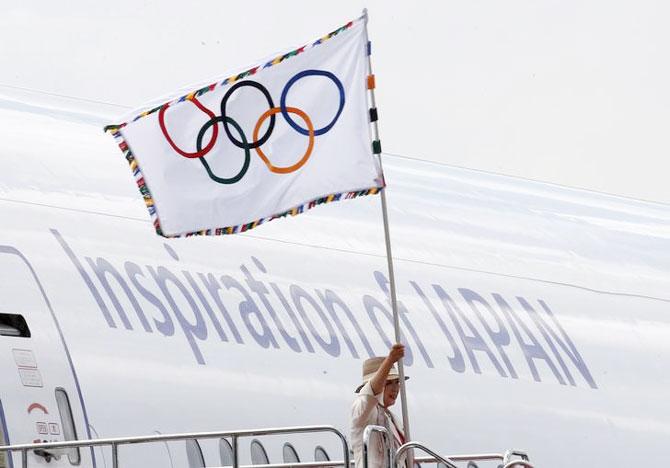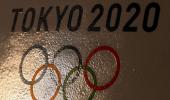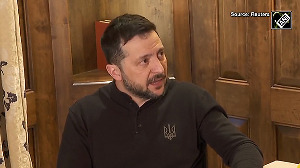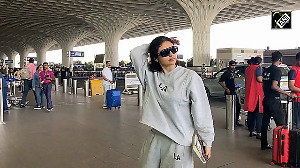
The United States added its significant weight to calls for the Tokyo Games to be postponed due to the coronavirus pandemic, with New Zealand Olympic organisers seeking a swift decision to allow teams to reset and prepare for a delayed event.
The Sankei newspaper reported Japan's government is negotiating with the International Olympic Committee (IOC) to postpone the Games by up to a year, in what would be a first in the Olympics' 124-year modern history.
Prime Minister Shinzo Abe would hold talks over the phone with IOC President Thomas Bach at 1100 GMT on Tuesday, the Japanese government said.
On Monday, former IOC board member Dick Pound said the Swiss-based body appeared to have decided to delay the event, likely for a year, due to the virus.
The outbreak has now infected more than 377,000 across 194 countries and territories globally as of Tuesday morning, according to a Reuters tally, with over 16,500 deaths linked to the virus.
Efforts to contain it have led to major travel, commercial and social restrictions, which have also disrupted many athletes' preparations for the Games.
Major sporting powers Canada and Australia have already said they will not be sending teams to Tokyo if the Games go ahead as scheduled this year.
The United States Olympic and Paralympic Committee said it had listened to feedback from athletes and was encouraged by a clearer path towards postponement.
"Our most important conclusion from this broad athlete response is that even if the current significant health concerns could be alleviated by late summer, the enormous disruptions to the training environment, doping controls and qualification process can't be overcome in a satisfactory manner," the USOPC said in a statement on Monday.
The United States is by far the most successful nation in the history of the modern Summer Games, while the rights deal with American broadcaster NBC to televise the Olympics represents from 50 per cent to 70 per cent of the IOC's total annual revenues.
New Zealand Olympic organisers also came out in support of a delay.
“We fully support current steps to postpone the Olympic and Paralympic Games. This decision needs to be made quickly to provide the athletes, coaches and support staff with certainty, which will allow them to focus on their wellbeing at this critical time, while resetting and recalibrating for Tokyo.”
Any delay would face major logistical difficulties given the crowded global sporting calendar and other commercial considerations.
But a groundswell of concern from athletes - already struggling to train as gyms, stadiums and swimming pools close around the world - appeared to be tipping the balance, along with the cancellation of other major sports events.
World Athletics said on Monday they would be willing to move their 2021 world championships scheduled for Aug. 6-15 in Eugene, Oregon to clear a path for a 2021 Olympics.
Japan and the IOC have said calling off the Games entirely is not an option.
Pound told Reuters a one-year postponement looked like the best solution. This would mean the Games, scheduled for July 24-Aug. 9, are likely to be held in the summer of 2021.
"That's my conclusion (there will be a postponement)," Pound said in a telephone interview.
An Olympics postponement would be a blow for host country Japan, which has pumped in more than $12 billion of investment, and huge sums are also at stake for sponsors and broadcasters.
A poll showed about 70% of the Japanese think it is appropriate to delay the Olympics, the Sankei said.
The Olympics have never before been delayed, though they were cancelled altogether in 1916, 1940 and 1944 during the two world wars. Major Cold War boycotts also disrupted the Moscow and Los Angeles Games in 1980 and 1984.













 © 2025
© 2025